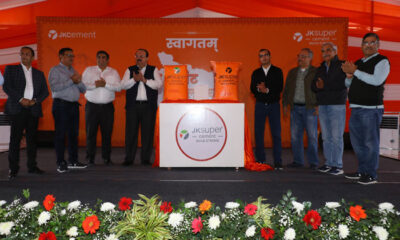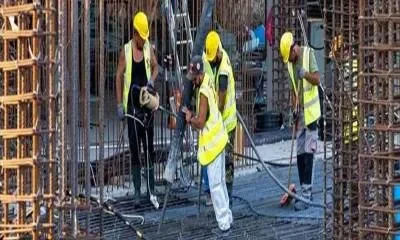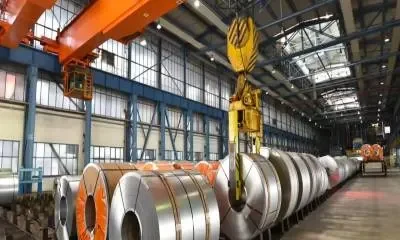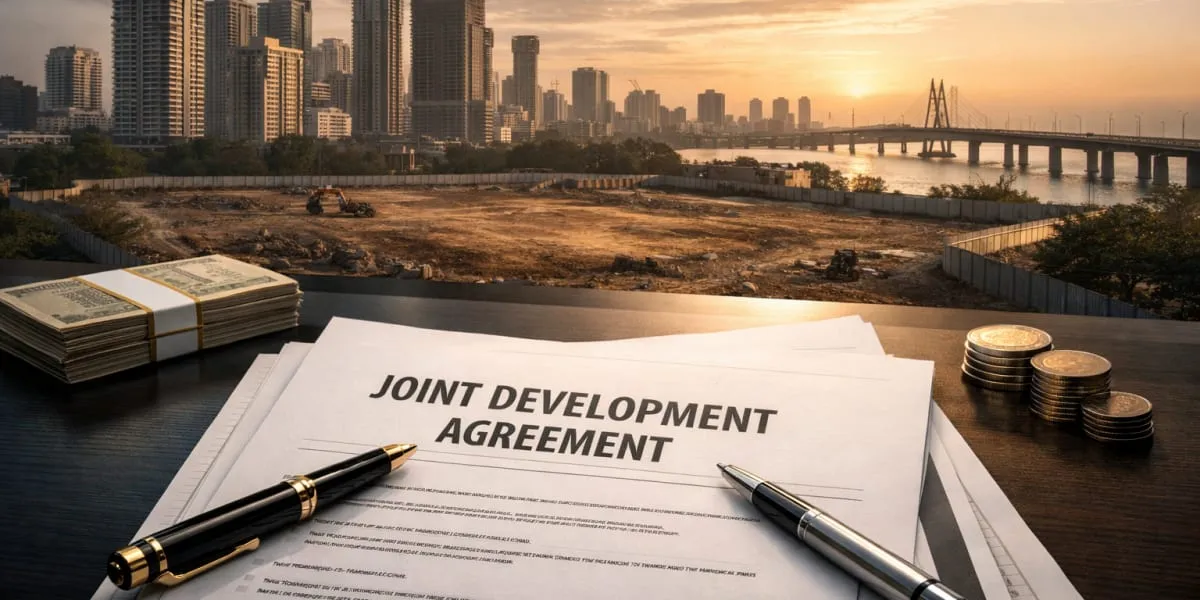World Cement Association (WCA) will organise its Annual Conference 2026 from April 19–21 at The Athenee Hotel in Bangkok, bringing together global cement industry leaders, policymakers and technology providers to address the sector’s evolving challenges.
Held under the theme ‘Shaping a sustainable future through digitization, innovation and performance,’ the event will focus on strategic, operational and sustainability priorities influencing the industry’s next phase of growth. The conference will begin with an assessment of global economic trends and their impact on cement markets, alongside regional outlooks for Asia and Europe.
Key discussions will examine regulatory developments, including carbon border adjustment mechanisms in Europe and progress in China’s carbon trading system, as well as market trends across Thailand and Southeast Asia. Industry specialists will also share insights on decarbonisation strategies aimed at maintaining competitiveness, covering alternative fuels, next-generation supplementary cementitious materials, calcined clay technologies and AI-enabled kiln optimisation.
The second day will address industry overcapacity and restructuring, supported by case studies and regional perspectives. Sessions will explore digital transformation and AI-driven plant operations, manufacturing efficiency, circular concrete models and sustainable construction solutions. Delegates will also review shifting customer expectations across the construction value chain.
The conference programme includes the WCA Awards Ceremony, recognising achievements in sustainability, innovation, safety and leadership across the global cement sector. The awards will be presented during the gala dinner on April 20.
“The cement industry is navigating a period of profound transformation. From managing overcapacity and market volatility to deploying AI and delivering measurable decarbonisation, the challenges are complex but so are the opportunities. Our Annual Conference will bring together global leaders to exchange practical solutions and strengthen collaboration, helping shape a sustainable and resilient future for cement worldwide,” commented Philippe Richart, CEO, World Cement Association.
Registration for the conference is currently open, with access covering all sessions, exhibition participation, refreshments, lunch and the Awards Gala Dinner. Further programme details are available through the official WCA conference platform.


 Economy & Market4 weeks ago
Economy & Market4 weeks ago
 Concrete4 weeks ago
Concrete4 weeks ago
 Economy & Market3 weeks ago
Economy & Market3 weeks ago
 Concrete4 weeks ago
Concrete4 weeks ago






















